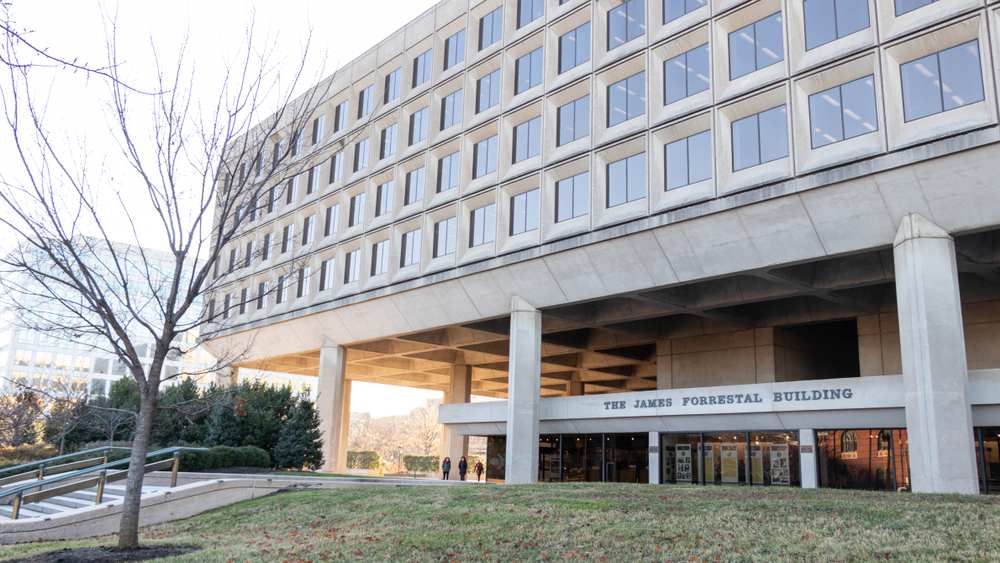American officials promote “energy freedom” strategy as alternative to EU’s net-zero ambitions
Others are reading now
The global push for climate neutrality has faced growing debate, especially between regions balancing economic growth and environmental responsibility. A recent summit in Warsaw highlighted a significant rift between U.S. and European officials over the future of energy policy in Eastern Europe.
“Energy Freedom” Versus Climate Policy
At the Three Seas Initiative Summit in Warsaw, U.S. Energy Secretary Chris Wright urged Central and Eastern European countries to reject the European Union’s net-zero transition plans.
Instead, he invited them to join America’s “Energy Freedom and Prosperity for Citizens” strategy, as reported by Digi24.
Wright criticized Western Europe’s approach of imposing costly climate policies from the top down, arguing that heavy investment in renewables is slowing economic growth and boosting profits for foreign corporations. “It’s time for Central Europe to make a choice,” Wright told attendees, encouraging a different energy path focused on affordability and reliability.
Also read
A Diverging View on Climate Change
Secretary Wright reaffirmed that while climate change is “a physical phenomenon,” he does not see it as humanity’s most urgent problem.
He cited economic studies suggesting that blindly pursuing the 2050 net-zero goal could cause more harm than the effects of climate change itself.
His statements align with the broader energy stance of former President Donald Trump’s administration, which withdrew from the Paris Agreement and sought to boost coal, oil, and gas production across the United States.
U.S. Nuclear and Gas Investments in the Region
Coinciding with Wright’s remarks, American firms Westinghouse Electric Co. and Bechtel Group Corp. signed a contract to build Poland’s first nuclear power plant. Westinghouse also announced plans to expand its nuclear projects across other countries in the region.
Wright emphasized that natural gas and nuclear energy are the “first two climate solutions” of both the past and the future, citing their proven track record in delivering affordable and reliable energy.

